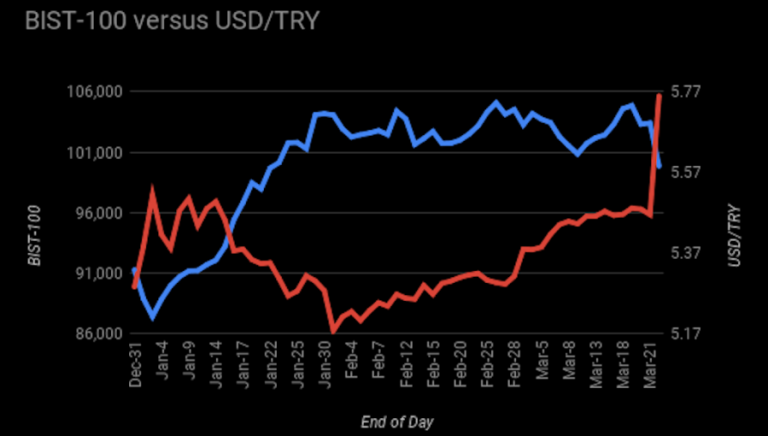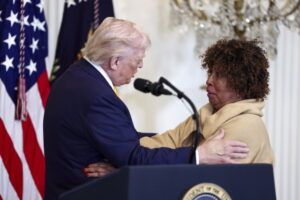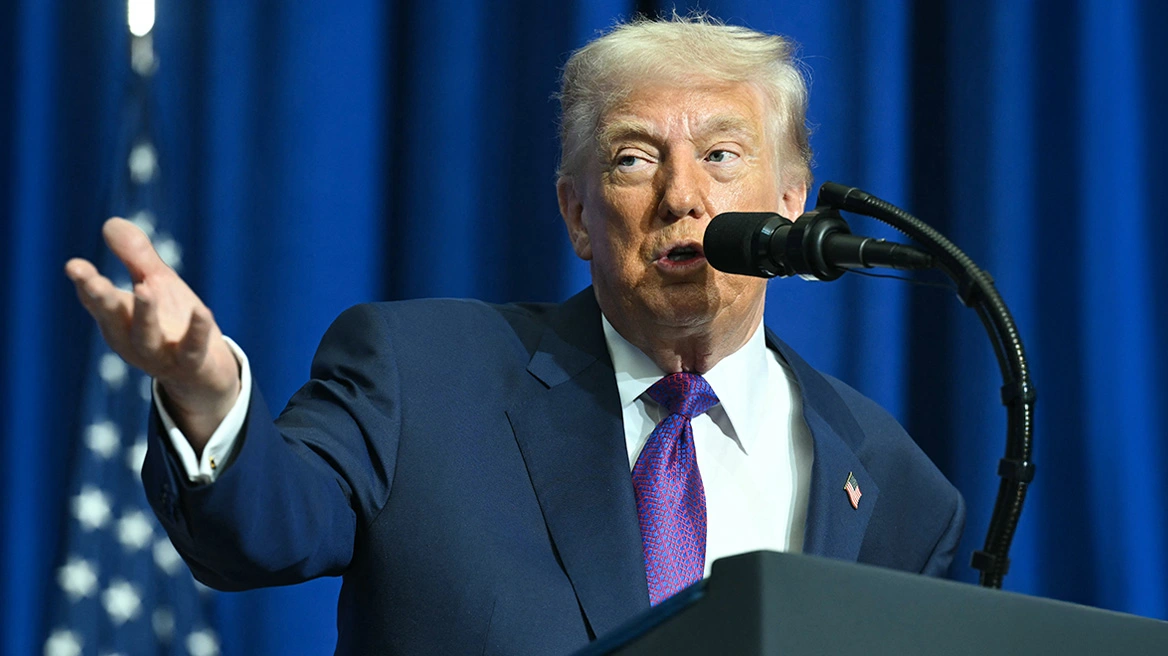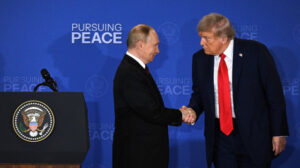“Uncharted” fluctuations returned to the Turkish markets on March 22 for the first time in six months. It made for a tough day for investors who suddenly found themselves amid menacing seas.
The Turkish lira (TRY) was back in the wars. It lost 5.42% d/d against the USD to close the week at 5.76 after weakening as far as 5.85. The Borsa Istanbul’s benchmark BIST-100 saw a drop of 3.45% d/d, taking it to 99,835, a descent that pushed the index below the psychologically important 100,000 threshold for the first time since January. The banking index fared worse, losing 6.64% d/d.
Turkey’s dollar bonds also fell across the curve. The 2043 issue tumbled to its lowest since mid-January, Reuters reported. The country’s 5-year credit default swaps (CDS), meanwhile, were recorded at 381 by the end of trading on March 22, against the previous day’s 351.
Day began badly
The day had begun badly with a global sell-off in emerging markets assets. But Turkey’s market rout was triggered by Turkish President Recep Tayyip Erdogan’s response to US President Donald Trump’s tweet suggesting Israeli sovereignty over the Syrian Golan Heights should be recognized
By Erdogan’s standards, his reaction to Trump’s latest foreign-policy-bombshell-by-tweet was actually pretty mild. In a speech at a gathering of the Organisation of Islamic Cooperation (OIC), he reportedly said: “We cannot allow the legitimisation of the occupation of the Golan Heights.”
He was also cited as saying that Trump’s statement brought the region to the brink of a new crisis, but Turkish public broadcaster TRT World released a video of Erdogan making his Golan comments and they do not really amount to much more than a few reticent sentences in passing; the remarks have nothing on the yelled angry rhetoric we are used to from Erdogan, such as what he is presently dishing up at rallies on the stump for the upcoming March 31 Turkish local elections.
It is actually hard to rationalise Erdogan’s interest in the Golan Heights. The territory is internationally recognized as not Israeli—but that means the region in the Levant, under Israeli occupation since 1967, is in fact seen as that of Erdogan’s arch-enemy Syrian President Bashar al-Assad. There is of course the angle that Erdogan is seizing on the issue to step up his confrontation with Israel and opposition to Trump’s full-on backing of Israeli PM Benjamin Netanyahu, another bitter enemy of the Turkish strongman, against the Palestinians. But at the end of the day there will be plenty of Turks not particularly interested even in where the Golan Heights are located—they have nothing to do with Palestine, they are “Alevi” Assad’s territory. Or is Erdogan getting ready to strike a deal with Assad as urged by Vladimir Putin in January?
Unnecessary organization
The OIC is an unnecessary organization. But it is presently led by Erdogan and he calls OIC gatherings whenever he wants to send a message to his voters. Erdogan’s media machine swings into action, portraying his superfluous words at the OIC as important pronouncements coming from the purported leader of the Islamic World. Erdogan made plenty of noise at the OIC when Trump last year announced the US would switch its embassy in Israel to Jerusalem, but the issue was then quickly forgotten.
Notably, Erdogan was the only president who attended the latest OIC meeting, held in Constantinople. Iran was represented by its foreign minister Javad Zarif, while Saudi Arabia sent its ambassador to Ankara, Reuters reported. New Zealand’s foreign minister Winston Peters was also there for a quick tête-à-tête with Turkey’s populist leader following his decision to use footage of the Christchurch terrorist mass shootings at his election rallies and make incendiary comments such as “This is not an isolated event, it’s something more organised” before later accusing the west of “preparing” the killer’s manifesto and “handing it to him”.
A regular Erdogan voter who watches the rallies—literally aired all-day-long on Turkish television—might easily think by now that New Zealanders are boarding ships to attack Turkey via the Dardanelles, just as the Anzacs aboard British Royal Navy ships did during World War I.
Peters, who prior to departing for Turkey made it plain he thought Erdogan’s comments might place the lives of New Zealanders in Turkey at risk, met Erdogan and then told reporters he did not ask him to stop showing the footage, filmed by the alleged killer, of the mosque shootings because he understood the screenings had stopped, according to Reuters.
Read more HERE
Ask me anything
Explore related questions





